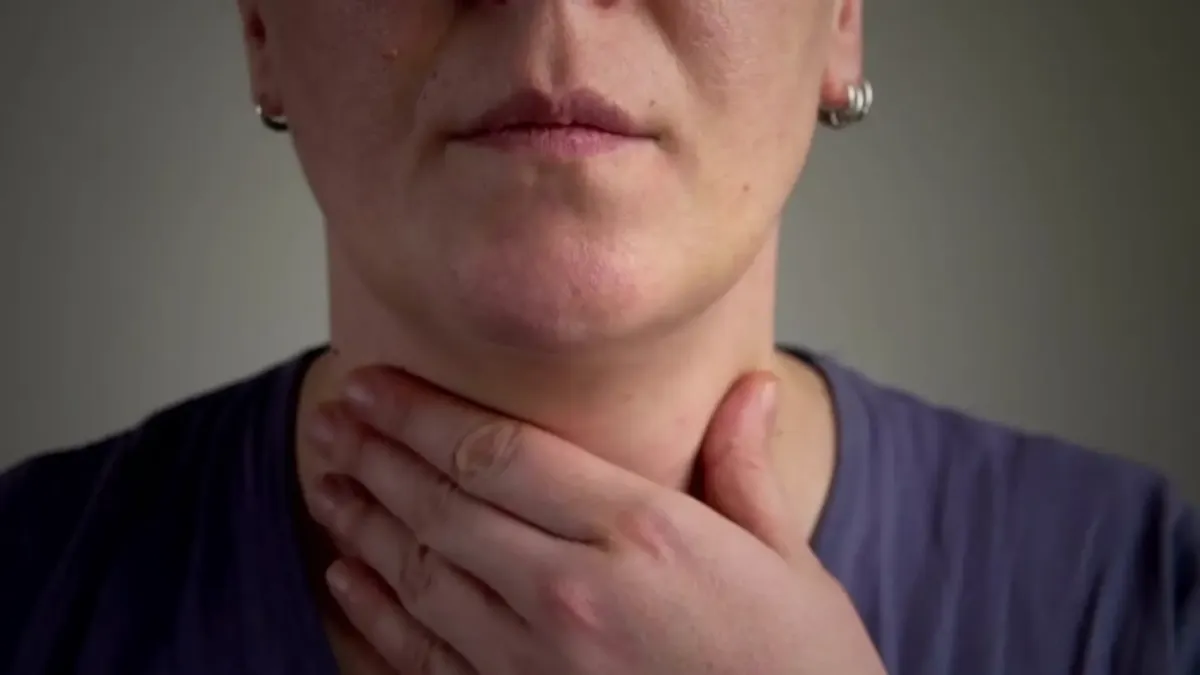MENU
ABOUT ME
Hi, I'm Evan. After graduating from the University of Toledo School of Medicine, I began my Family Medicine Residency Program at the University of Washington in August 2004. Just one month into my training, I met my amazing wife, Stacy. She was full of life—social with friends, a talented cook, an avid traveler, and a successful small business owner, committed to personal growth through self-examination. Three months later, she was diagnosed with chronic fatigue, and I quickly realized that, despite my medical training, I had no tools to help her. She saw a naturopath, but even they had little to offer. Taking matters into her own hands, Stacy researched extensively, purchasing a sauna, taking supplements, and focusing on her emotional health. Within three years, she was mostly better. During this time, I felt powerless, as conventional medicine offered few options her fatigue.
In 2007, after completing my residency, I opened my own Functional Medicine practice. However, I soon noticed my own energy was not what it used to be. I could function, but I was constantly fatigued and lacked the energy to exercise. Initially, I thought it was simply a post-residency issue that would resolve itself, but it didn’t. When our daughter was born in 2008, my energy levels, body pain, and brain fog worsened. By 2010, I was only able to see clients part-time and struggled to manage both my practice and personal life. Despite reducing my workload, I couldn’t keep up. I even resorted to napping under my desk at work, feeling ashamed that I couldn’t help myself.
I sought help from various Integrative and Functional Medicine providers, and was diagnosed with Chronic Fatigue Syndrome (ME/CFS), but any relief was short-lived. Frustrated, I decided to take matters into my own hands and embarked on a relentless search for answers.
Through years of research, attending conferences, and exploring both conventional and alternative approaches, I discovered the true root causes of ME/CFS — the "Toxic 5": a combination of heavy metals, chemicals, molds, infections, and nervous system dysfunction that accumulate in the body over time.
After resolving my own ME/CFS, I wrote a best-selling book and, for the past decade, have dedicated my career to working with individuals suffering from ME/CFS. In recent years, my work has expanded to include Long Covid, as the underlying causes are the same. The key difference with Long Covid is the presence of the Covid virus and spike protein, which also need to be addressed. As my program evolved, I realized the critical role of nervous system retraining — incorporating this component allowed people to recover faster.
Despite being trained in holistic medicine (board-certified while still in residency), followed by integrative medicine, functional medicine, and environmental medicine, I found I still needed additional training in areas like mold illness, infections (including Lyme and parasites), and nervous system retraining. Unfortunately, 95% of all providers, including those in Functional Medicine, fail to address the Toxic 5. This is why many individuals with ME/CFS and Long Covid aren't recovering under their care.
Now, my mission is clear: to help reverse 1 million cases of ME/CFS and Long Covid. If you or a loved one is struggling with chronic fatigue, let the EnergyMD Program guide you on your path to recovery.

Evan H. Hirsch, MD

Evan Hirsch with his family

Evan with his parents

Evan Hirsch, MD
Evan Hirsch with his family

Evan with his parents


Treating Sex Hormone Imbalances
Sex hormones are that are involved in the regulation of sexual development and reproduction. The primary sex hormones are estrogen, progesterone, and testosterone. Men and women have all of these, just in different amounts and ratios...
When men and women have low energy caused by an imbalance in their sex hormones, it is usually from different hormones. For men, it is usually due to a testosterone deficiency. For women, it is usually due to estrogen and/or progesterone imbalances.

Sex Hormones & Low Energy
The symptoms of menopause are no joke. They are incredibly uncomfortable and can change the quality of your life significantly. When a woman comes to me with menopausal symptoms, she is usually pretty desperate for relief. I use both natural and pharmaceutical therapies to get her that relief.

Treating Thyroid Disease
I am a big believer in natural medicine. It can be very powerful and work very well. I prefer to use it as long as the natural treatment is safe and strong. Unfortunately, when treating low thyroid, we usually need both the natural and the prescription treatments. In college, I learned from playing the card game euchre not to “send a boy to do a man’s job.” In medicine, this means using the treatment that you know will work. If I think a natural treatment will work, but I know that a medication will work, I should use the medication as long as there are no significant side effects. This is because I want to make sure you get results right away so that you can get your life back

Treating Thyroid Disease
Thyroid disease is one of the most common health problems we face today. The majority of people with thyroid dysfunction have hypothyroidism. Hypothyroidism (“hypo” means low) is a condition where the amount of thyroid hormone in your body is less than what is needed for optimal function. According to the American Thyroid Association, more than 12 percent of the US population will develop a thyroid condition during their lifetimes, and more than half will be unaware that they have a problem. Women are five to eight times as likely as men to develop thyroid problems.

Advanced Adrenal Recommendations
Last week, I went over the recommended supplements to treat Adrenal Fatigue. This week I’ll go over adrenal recommendations as well as a plan to reduce stressors.
Treating the physical symptoms is only the first step. Once you start to feel better, it’s important to begin addressing the causes of the problem: the sources of stress that compromised your adrenals in the first place.

Testing & Supplement Options for Adrenal Fatigue
Last week we discussed the main symptoms as well as the causes of adrenal fatigue. This week, I will focus on testing and supplement options for treatment.
If you have most of the symptoms listed last week, you probably have adrenal fatigue. However, how do we test for adrenal dysfunction?

How Adrenal Fatigue Causes Chronic Fatigue
This week I will discuss how adrenal fatigue is a primary cause of chronic fatigue.
It's estimated that up to 80% of adults experience adrenal fatigue during their lifetimes, yet it remains one of the most under-diagnosed illnesses in the United States. Conventional medicine does not yet recognize adrenal fatigue as a distinct syndrome

Food Allergies & Low Energy
Food allergies can cause almost any symptom the body can manifest, including low energy. The gastrointestinal tract maintains a delicate balance of good bacteria, specialized immune cells, and various neurological and hormonal activities. In fact, 80% of your immune system resides in your gut, so anything you put in your mouth can trigger a reaction. Once your digestive system detects what it considers a “foreign particle,” your immune system reacts, and the inflammation that follows creates pain and dysfunction.

Food and Your Energy
Food is a touchy subject, especially if you’re not feeling well. We have a lot of emotional attachments to it, and it can give us joy at times when nothing else can. However, food allergies play a significant role as a cause and contributor to fatigue and, as a doctor, I have seen amazing improvements in the health of my patients when they change their food choices.

A safe space for all.
We're LGBTQ+ supportive
Copyright (c) EnergyMD






